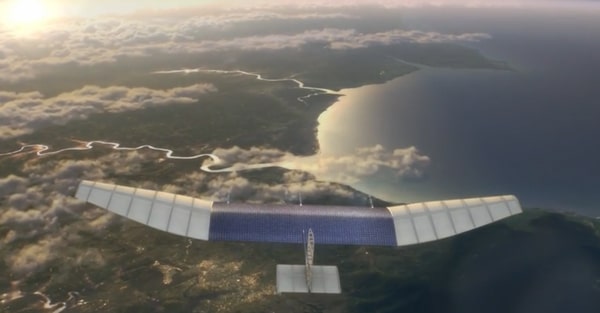
Facebook Inc. is developing a plan to deliver global Internet access using satellites, drones and other technology.
Known as the Facebook Connectivity Lab, the project was announced late last month by Facebook CEO and founder Mark Zuckerberg, who aims to provide affordable Internet services to “every person in the world.” Currently, more than half of the world’s population is without Internet access, especially those in developing countries.
The Connectivity project will focus on overcoming a number of perceived situational challenges for deploying aerial platforms, Zuckerberg said in an article posted on Internet.org.
“For lower population densities, where people are spread out across a large area, the higher up you go, the more cost effective it becomes to place trunk stations and to deliver the internet. But signal loss will also be higher, so satellite access is only really a way of providing a basic internet experience for remote communities. Likewise, for high population densities, only lower altitude platforms will be truly effective, and connection speeds will be faster and the experience better for a lot of people,” he said.
Three technologies will be investigated as part of the project: solar-powered high altitude drones that could remain aloft for months or even years and provide internet to “a city-sized area of territory with a medium population density”; low Earth orbit (LEO) or geosynchronous Earth orbit (GEO) satellites for service in low population density areas; and free space optical communication (FSO), infrared laser beams capable of dramatically boosting the speed of internet connections provided by other platforms such as satellites while consuming less power than microwave systems.
Currently, each platform has “strengths and weaknesses,” Zuckerburg noted, adding that “some of [the] weaknesses will have to be fully solved in order to make the platforms viable and cost effective.”
Facebook is not the only company investigating the potential for delivering Internet access from the sky. Google unveiled Project Loon last year, which incorporates giant balloons equipped with network devices capable of connecting with antennas located on the ground. The project hit a milestone this month after one of the company’s balloons made a lap around the world in 22 days, clocking the project’s 500,000th kilometer as it did so.






